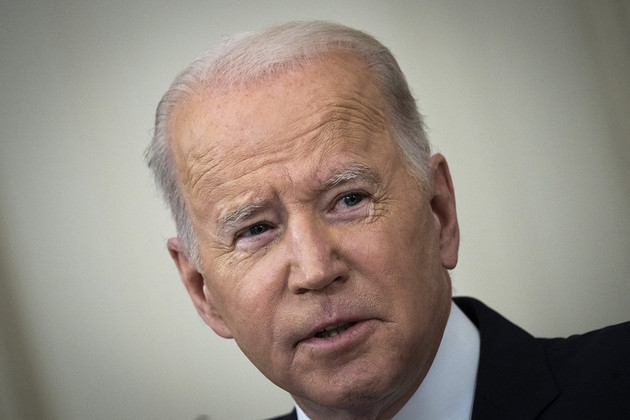
Madisen Williams drives a 2008 Hyundai with over 100,000 miles on it and a leaky hose.
A 33-year-old mother of two, the car allows her to move around Los Angeles to teach private youth dance lessons after Covid-19 forced schools to go remote. And when her next-door neighbor was murdered, the assurance of having a car convinced her to find a safer neighborhood — one without convenient public transportation — to raise her two kids.
As the car broke down in recent months, Williams leaned on the extra $500-a-month in her bank account that had come courtesy of President Joe Biden’s signature domestic policy to pay for repairs. It may not have been the central purpose of the policy, but it was a lifeline.
“It was perfect,” said Williams of the extended child tax credit, which made even families with the lowest incomes eligible for monthly payments that could total up to $3,600. “It was helping with fixing things.”
The payments Williams and millions of other families leaned on ended in December, the victim of a legislative expiration date and a Democratic party deadlocked over whether Biden’s agenda had gone too big, too fast. Those who had come to rely on the money for everyday tasks, future planning and to cover the rising costs of groceries, are confounded that congressional Democrats let this happen. The individuals interviewed for this article said they'd voted for Biden. Some suggested the process had soured them on politics entirely.











